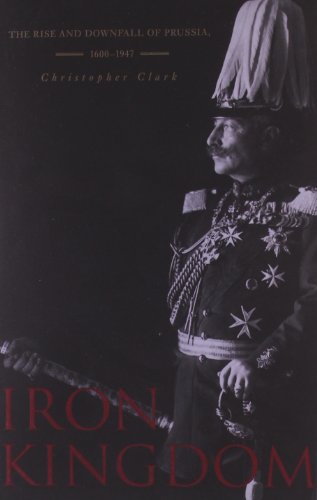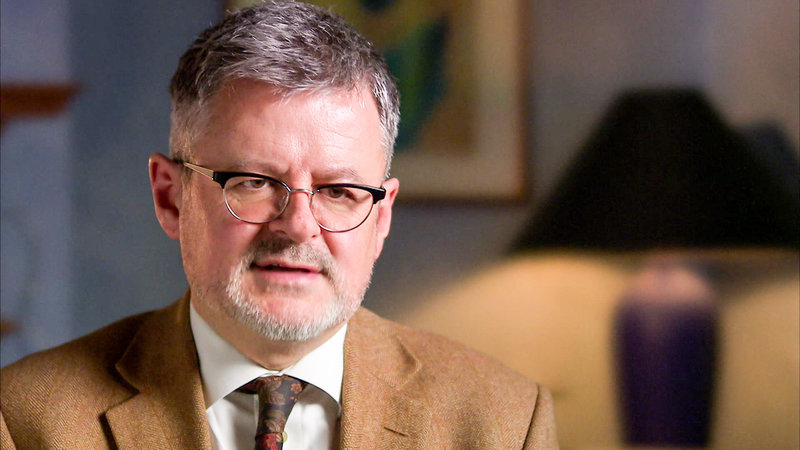


"An original and rewarding approach to modern German history."-Tony Barber, Financial Times, Summer Books of 2019

" stirring read that gathers momentum with every chapter."-Oliver Moody, The Times "Clark's book, with its provocative and useful theoretical command of the concepts of time and history and its mastery of the details of German history over four centuries, is an erudite, challenging, and thought-provoking work."-Michael Curtis, American Thinker " looks at history with a particular emphasis on the concept of time and should therefore offer a new and thought-provoking way to examine the past."-Hester Vaizey, Times Higher Education "A stimulating and entertaining book."-Tim Blanning, Literary Review deserves praise for presenting familiar fields of German history from unusual and always rewarding angles."-Tony Barber, Financial Times Clark describes how Hitler did not seek to revolutionize history like Stalin and Mussolini, but instead sought to evade history altogether, emphasizing timeless racial archetypes and a prophetically foretold future.Įlegantly written and boldly innovative, Time and Power takes readers from the Thirty Years’ War to the fall of the Third Reich, revealing the connection between political power and the distinct temporalities of the leaders who wield it. He demonstrates how Frederick the Great abandoned this paradigm for a neoclassical vision of history in which sovereign and state transcend time altogether, and how Bismarck believed that the statesman’s duty was to preserve the timeless permanence of the state amid the torrent of historical change. Inspired by the insights of Reinhart Koselleck and François Hartog, two pioneers of the “temporal turn” in historiography, Clark shows how Friedrich Wilhelm rejected the notion of continuity with the past, believing instead that a sovereign must liberate the state from the entanglements of tradition to choose freely among different possible futures. Acclaimed historian Christopher Clark draws on four key figures from German history-Friedrich Wilhelm of Brandenburg-Prussia, Frederick the Great, Otto von Bismarck, and Adolf Hitler-to look at history through a temporal lens and ask how historical actors and their regimes embody unique conceptions of time. This groundbreaking book presents new perspectives on how the exercise of power is shaped by different notions of time.


 0 kommentar(er)
0 kommentar(er)
